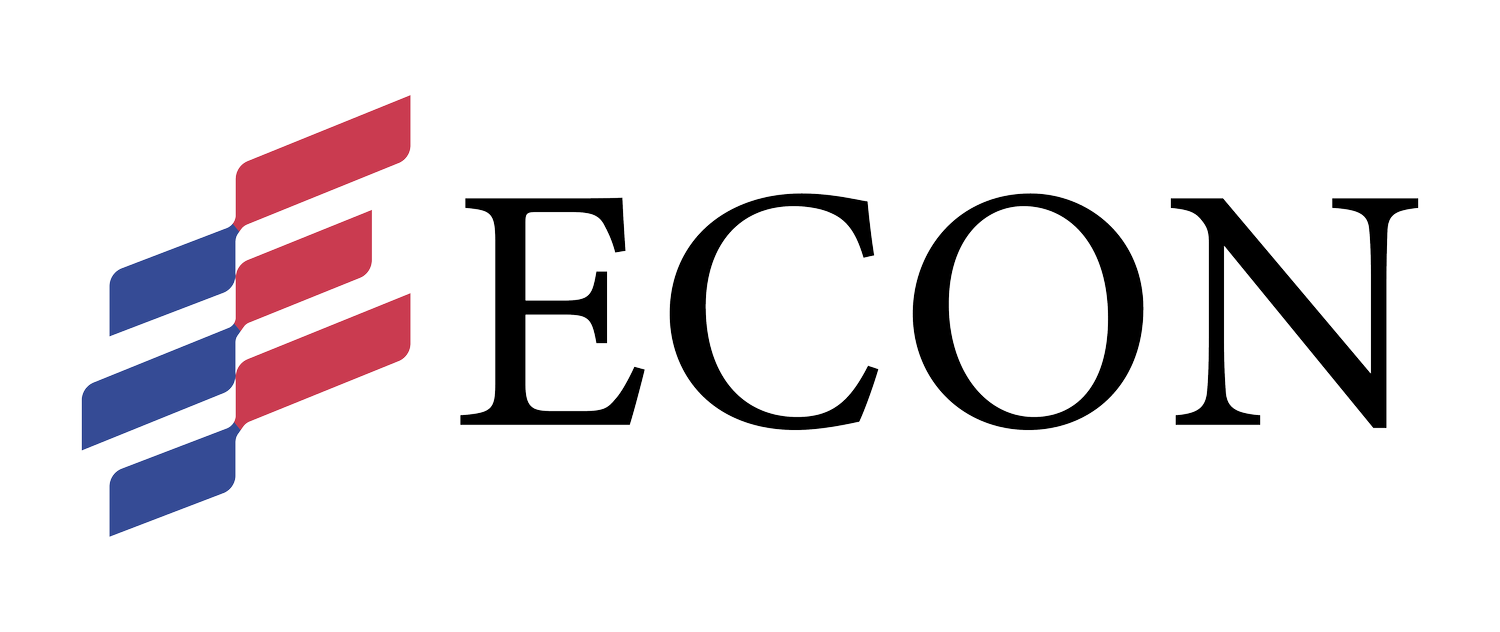Customized Employment: A Win-Win for Employers and Job Seekers
There’s a common misconception in hiring: that a job must be fully formed before someone can fill it. But the reality is, many roles are a collection of tasks, not all of which require the same skill set or even the same person. That’s where customized employment comes in — a model that not only challenges the traditional hiring approach but often outperforms it in both fit and function.
Customized employment is a disability employment solution built around the idea that jobs should be designed with both the employer’s needs and the employee’s strengths in mind. Instead of forcing a person to fit into a rigid job description, it starts by understanding what the business actually needs and what the individual is truly capable of — and then building a role that bridges those two things with purpose.
It’s not about charity. It’s not about lowering standards. It’s about rethinking how work is structured.
For example, a restaurant might have a server who’s overloaded with side tasks — folding napkins, stocking supplies, prepping drink stations. Those tasks could easily be bundled into a customized role for a job seeker with developmental disabilities who excels in routines, organization, and task consistency. This frees up the server to focus on customer service and tips, improves the speed of operations, and creates a job that plays to someone’s strengths. That’s not a compromise — that’s operational efficiency rooted in inclusion.
Another success story: a local retail store partnered with a job coach to identify repetitive tasks that were slowing down floor staff. They carved out a role for an individual on the autism spectrum who enjoyed order and routine. That person became the stockroom specialist, keeping inventory flowing and back-of-house clean. Within a month, floor team productivity went up — and so did morale. What started as an accommodation became an advantage.
The best customized employment roles aren’t about doing less — they’re about doing differently. They’re crafted intentionally to align unmet business needs with overlooked human potential.
At ECON, we help businesses navigate this process. We begin by performing a worksite assessment to identify where time and labor could be optimized. Then we match that with an individual who has the specific skills and interests to take on those tasks, with the right training and support in place. The result isn’t a workaround. It’s a new way of thinking about value and contribution.
What we’ve seen time and again is that when employers open their minds to customized employment, they don’t just get a new hire. They get a ripple effect — in culture, in team spirit, and in the bottom line. Job seekers gain meaningful work. Employers gain team members who show up, care deeply, and bring consistency where it’s most needed.
Inclusion isn’t one-size-fits-all — and neither is employment. Customized roles help reveal the kind of success that can only come from matching real needs with real people.
